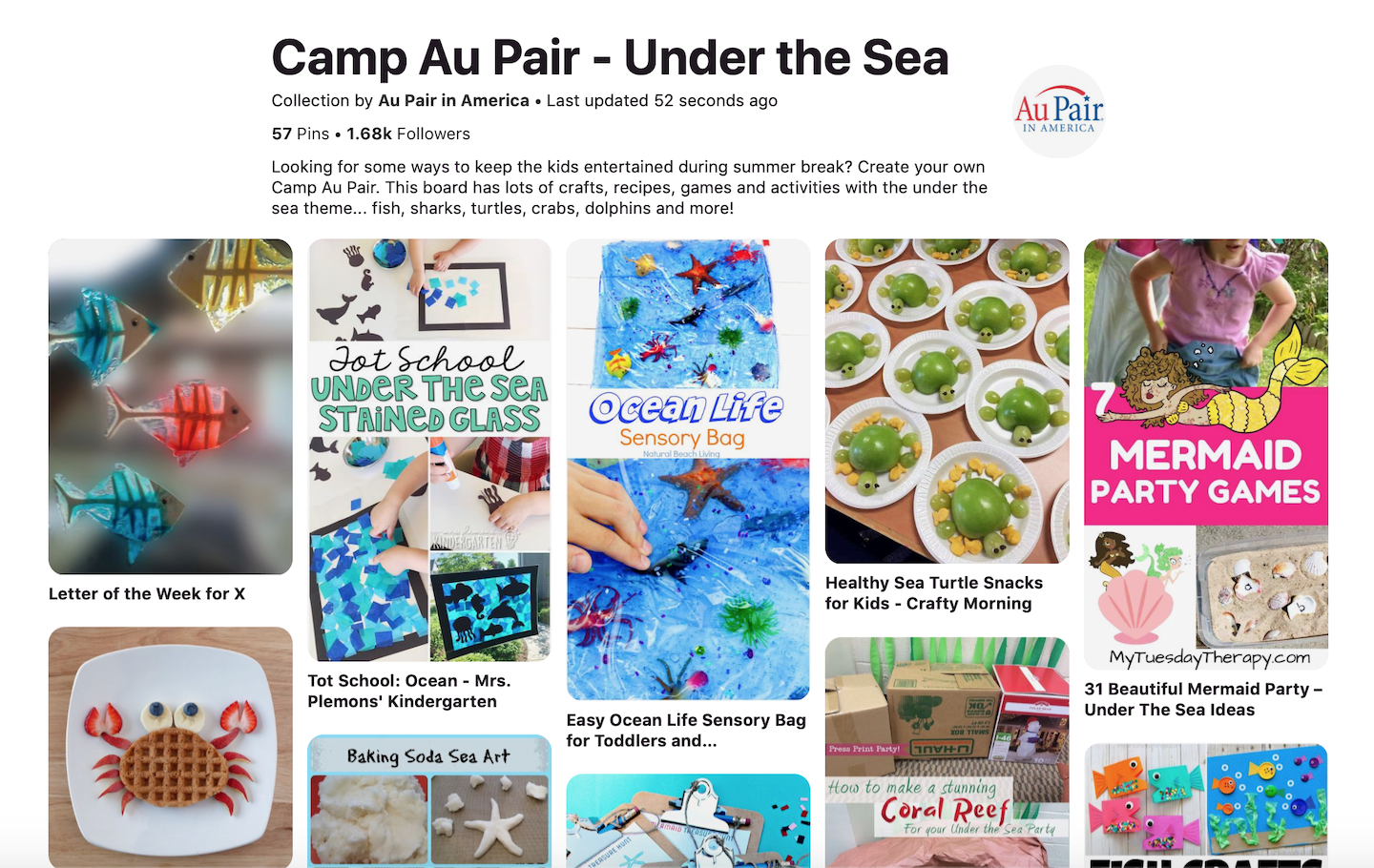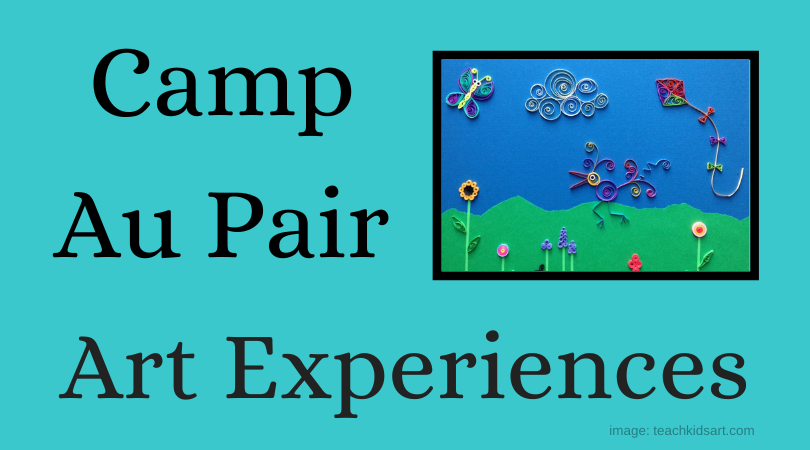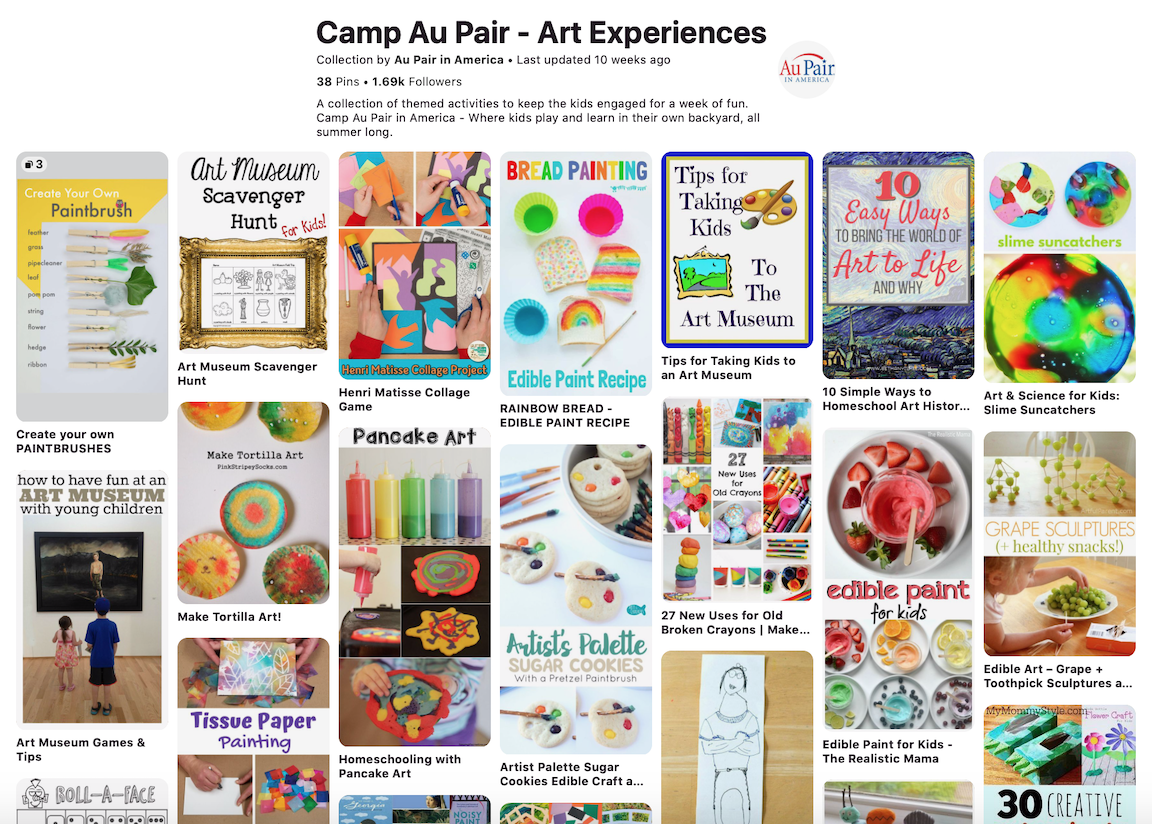As an Au Pair, it is great to go along on a host family vacation. However, being in a different environment does not change your role as an Au Pair. Sometimes it does get confusing and one of the biggest issues is the danger that can be involved when no one is clear about whose job it is to oversee the kids.

Here are 10 Tips for Vacationing with your Host Family so that everyone has a great time, and the kids are safe!
1.
Tag, your it!
I had a host family with 3 small children tell me that when it was the au pair’s turn to be
responsible for the children (and vice versa) they would tap hands so there was no
misunderstanding about who was in charge. What a great idea!
2.
Yes, a schedule is needed! A few summers ago, I received 2 calls on the same day. One was from a host mother saying that they just returned from vacation and their Au Pair did not participate with childcare at all and one was from the Au Pair in this family saying she felt she was caring for the children all day every day! How interesting is that? Be sure to discuss your Au Pair schedule so that you know when you are off – just like at home.
3.
Travel time/Work time?
You must get there, right? Getting kids to relax on a long car ride or helping to get boarded on the plane, on time, can be stressful for all the adults! Travel time is not considered work time (unless you are the only person in charge of the children), however, being a kind Au Pair will mean that you cannot wear your earbuds and take a nap the whole trip. Look for ways to be helpful. This will make the travel time better for everyone.
4.
Lazy days! Vacation can bring different behaviors from children – especially children that
will not do well when there is no routine. Ask about any special routine that you will need to be aware of. Be prepared to be patient. Young children will not be themselves and older children who get to stay awake later may get cranky.
5.
Pool Safety! If vacationing at the beach or around a pool be sure to talk to your host family about how long the kids can stay at the pool, and how often should sunscreen be reapplied? What is the host parent’s expectation of your role at the pool or beach? Do you need to be in the water or is it okay to sit on the side of the pool? Please do not assume your role, get clear directions.
6.
Who is the Boss?
Often summer vacation includes extended family. Can Grandma and Grandpa change the
schedule for the day? If you are uncertain about a change made by someone else, reach out to the host parents to get clarification.
7.
Where did all these kids come from?!
Are you vacationing with the host family’s family and their children too? It is fun to be surrounded by family and have fun times. However, you can speak up if you are asked to care for more children than you feel comfortable with.
8.
Traveling internationally?
Two steps must be accomplished before you travel out of the USA. 1. You must determine if you need a visitor’s visa to enter the country that you want to visit. 2. And, your DS2019 form must be signed. Even, if you are going with your host family, your DS2019 form must be signed for travel. The original form must be mailed back to the office and signed. Then, it is mailed back to you. This process takes 3-4 weeks! If you are in your second year, the rules are different. Please make sure you are knowledgeable about the restrictions for year-year travel.
*Au Pairs who will be away from the host family’s primary address for more than three weeks should contact your community counselor to discuss this.
Travel Validation Form
Year 1 International Travel Checklist
Year 2 International Travel Checklist
Automatic Revalidation Checklist
9. Roomies? Vacations are expensive. It may not be possible to have your own private room, but you should have your own private bed. Many times, an Au Pair will share space with the host children. Plans can be made so that you have the privacy to change clothes or rest by yourself. You should feel comfortable with your ability to have private time. If you do not feel comfortable with their plan, discuss your concerns with the host family before you leave.
- Safety First!
Little kids LOVE exploring a new environment, and everyone is excited and off guard. This makes an accident more likely to happen. An accident can only take a second to happen. Do what you can to prevent accidents; walk with the host parents around your vacation surroundings to discover issues that might be safety concerns. Stairsteps, upstairs windows, sliding doors, patios, and backyard pools all need special attention. Remember the safety of the children is always a priority even when you are off duty.
Working with your host family during vacation time can be tricky, and might require an extra dose of patience, but you will make memories of this experience that you will surely treasure. You can experience a new place within the USA and learn more about your host family during a relaxed time. Be thankful and express your appreciation to your host family that they chose to include you! Americans really appreciate when someone says “Thank you for taking me out to eat with you tonight. Or, Thank you for including me in this outing today.” This verbal expression of your gratitude will go a LONG way to reinforce your relationship with the host family!
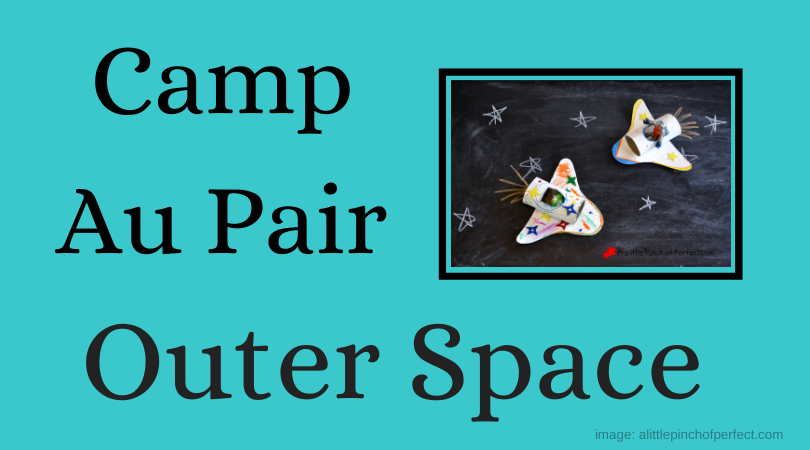 Next week’s Camp Au Pair theme is Outer Space.
Next week’s Camp Au Pair theme is Outer Space.


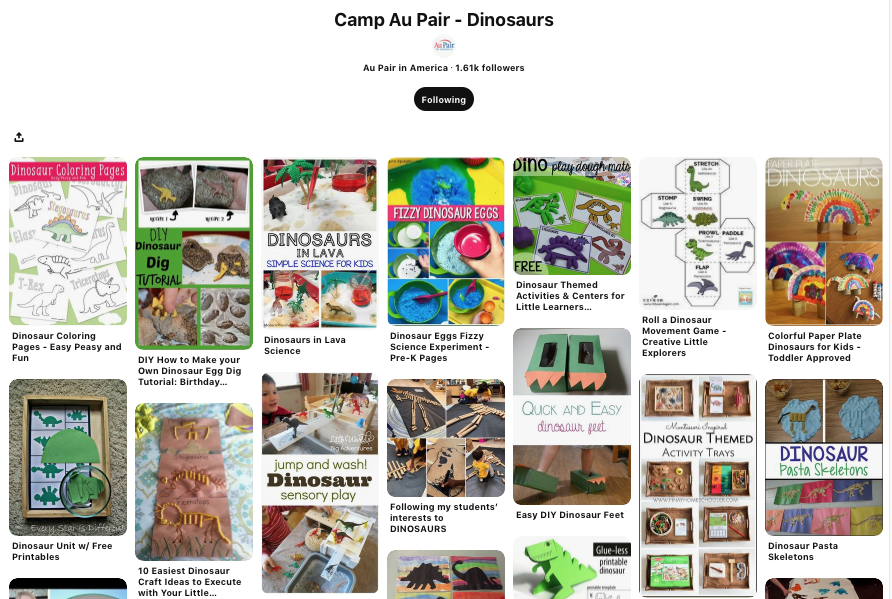

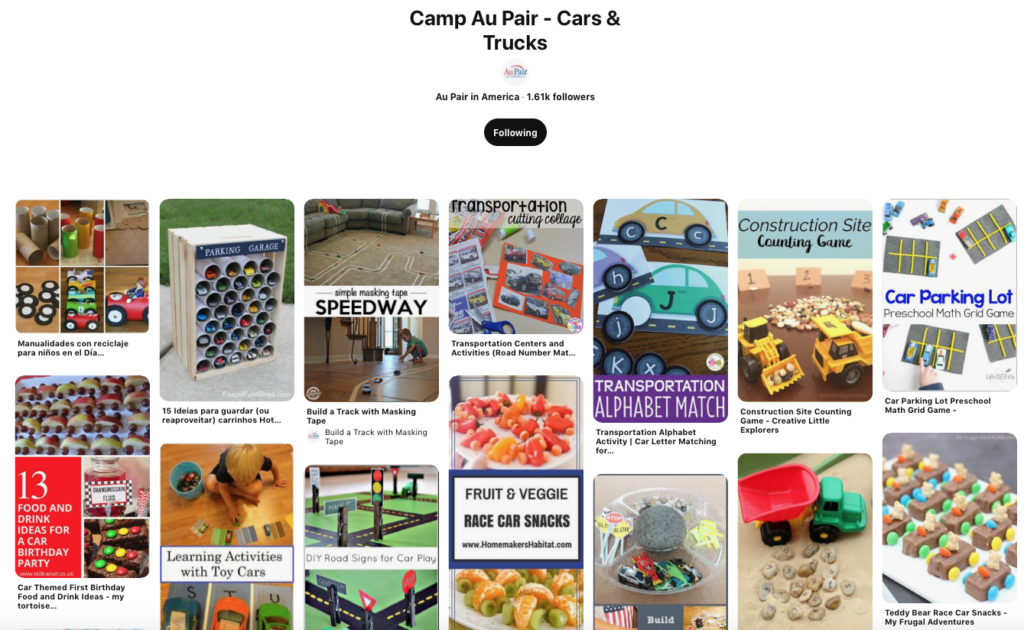

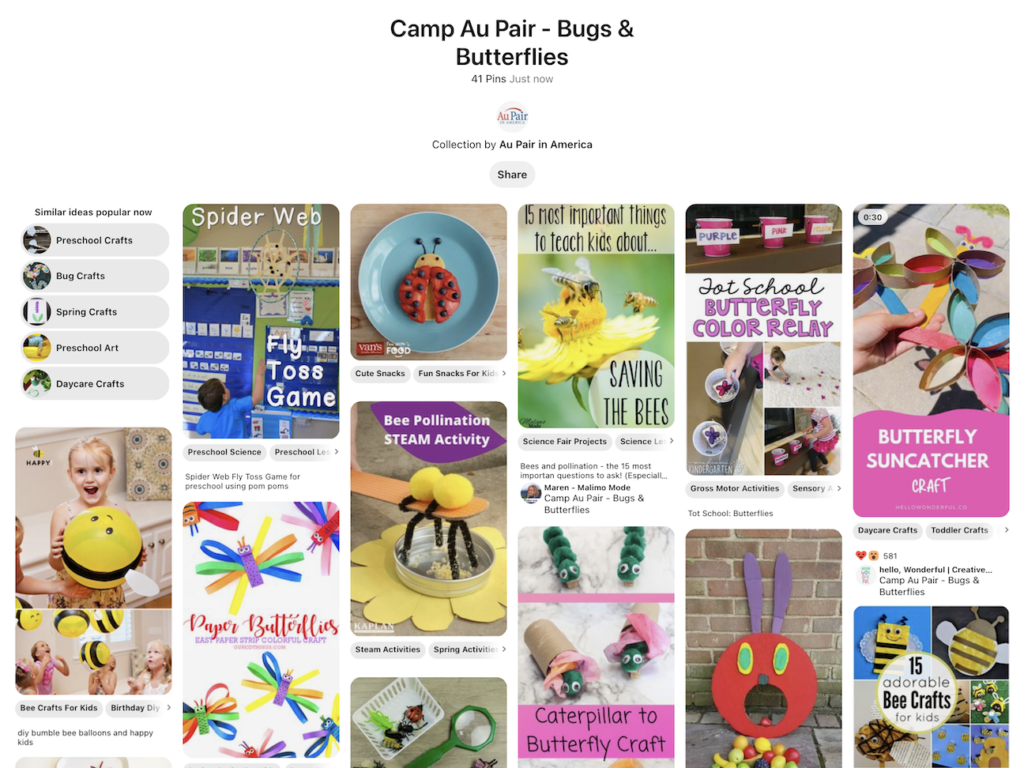
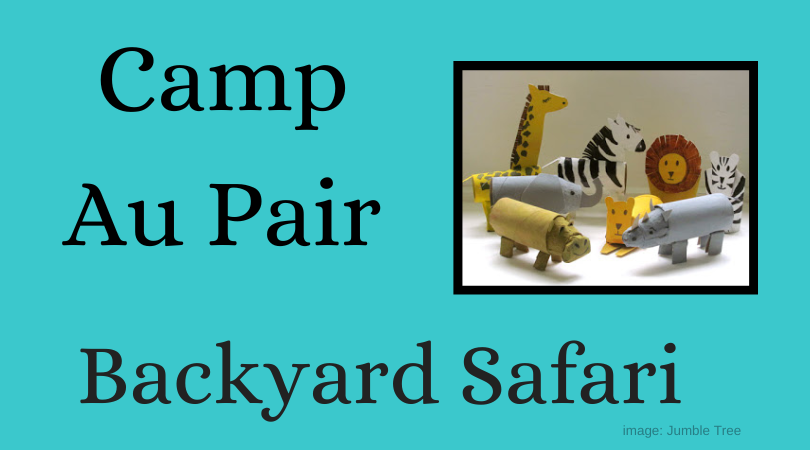
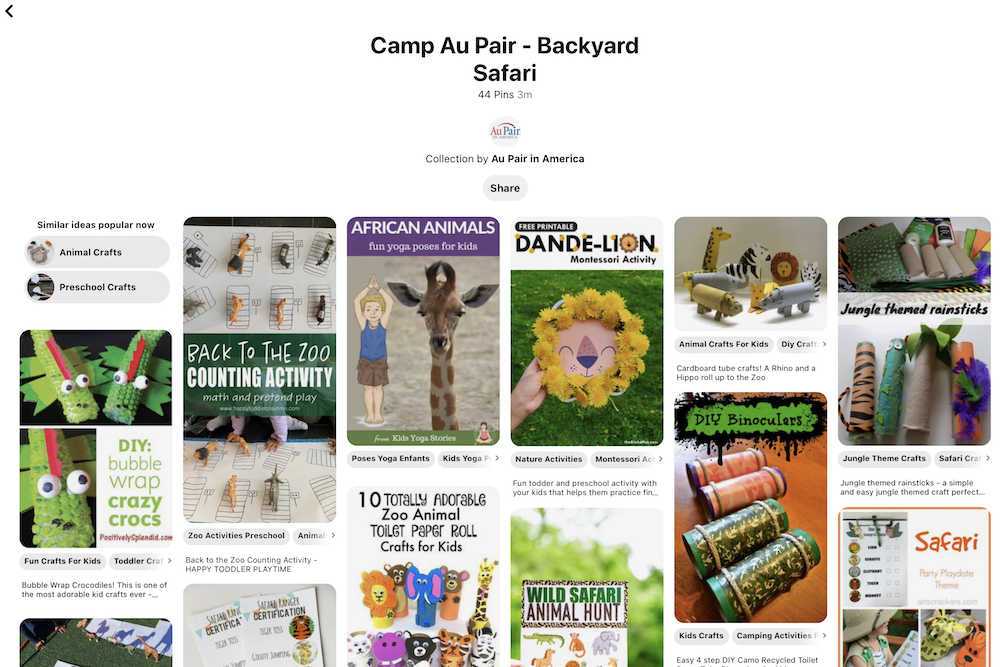
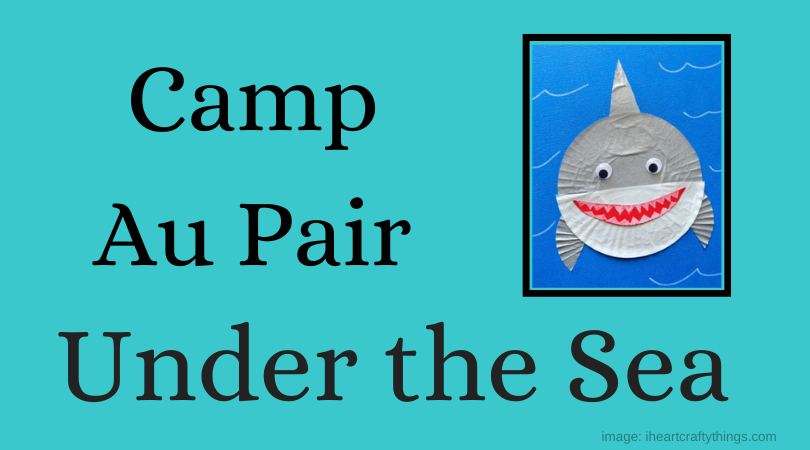 Next week’s Camp Au Pair theme is
Next week’s Camp Au Pair theme is 